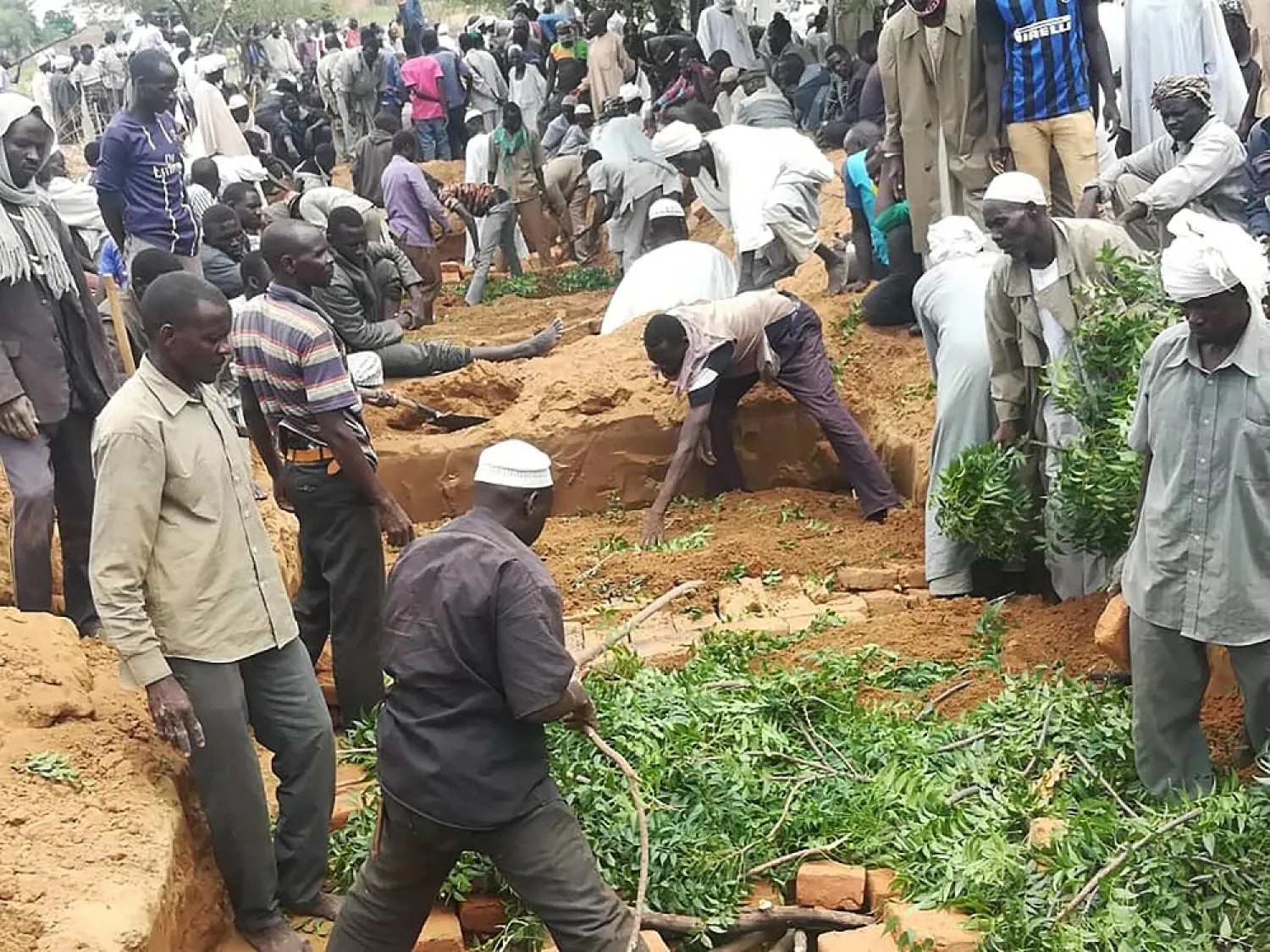The United States announced that it has kicked off consultation with the United Nations to lift international sanctions imposed on Sudan over the Darfur conflict, following its removal from Washington’s lists of state sponsors of terrorism.
“The United States is committed to working with the Sudanese government and our international partners to identify circumstances that could result in lifting sanctions related to the Darfur conflict at the earliest opportunity,” US Secretary of State Mike Pompeo said in a statement on Monday.
In 2005, the UN Security Council imposed an arms embargo, a ban on travel and a freeze on assets of anyone found to have inhibited peace efforts in Darfur.
The then US administration of George W. Bush had supported international action on Darfur, which it characterized as “genocide” against the region’s mostly black people.
Pompeo noted that despite extending a 1997 executive order on the national state of emergency in Sudan, “it does not reflect negatively on our improved bilateral relationship with Sudan or on the performance of the civilian-led transitional government and does not have any impact on the decision or procedures to rescind Sudan’s State Sponsor of Terrorism (SST) designation.”
He further lauded Sudan’s decision to join the Abraham Accords and make peace with Israel, adding that the government had made “substantial improvements” in human rights, including in Darfur.
Last week, the US and Sudan sealed a deal that would settle all cases filed against Sudan in US courts over the 1998 bombings of the US embassies in Kenya and Tanzania. Khartoum agreed to pay USD335 million to victims of terrorist attacks in Africa.









